Wickes Composite Decking Tiles: The Eco-Friendly Choice
Explore why Wickes composite decking tiles are an eco-friendly option for your outdoor space. Learn about their sustainability features and environmental impact.
Wickes Composite Decking Tiles: The Eco-Friendly Choice
The Rise of Eco-Friendly Decking Solutions
In recent years, there has been a significant shift towards more sustainable living practices. This shift is not only evident in the way we consume products but also in how we build and maintain our homes. One area where this trend is particularly noticeable is in outdoor spaces, specifically with decking. Traditional wooden decks have long been a popular choice for homeowners looking to enhance their outdoor living areas. However, as awareness about the environmental impact of using natural resources grows, many are turning to alternative materials. Among these alternatives, composite decking tiles from Wickes stand out as an excellent eco-friendly choice.
Sustainability Features of Wickes Composite Decking Tiles
Composite decking tiles from Wickes are made from a combination of recycled plastic and wood fibers, making them an environmentally friendly option. Unlike traditional wood decks that require regular maintenance and replacement due to wear and tear, composite tiles offer a longer lifespan with minimal upkeep. This durability reduces the need for frequent replacements, thereby lowering the overall demand for raw materials and decreasing waste.
Moreover, the manufacturing process of Wickes composite tiles involves using post-consumer recycled materials. By repurposing these materials, the company contributes to reducing landfill waste and conserving natural resources. According to a report by the Environmental Protection Agency (EPA), recycling one ton of plastic can save approximately 7.4 cubic yards of landfill space. This statistic underscores the substantial environmental benefits associated with choosing composite decking over traditional wood options.
Environmental Impact Comparison
When comparing the environmental impact of composite decking tiles from Wickes to traditional wooden decks, several key factors come into play. Firstly, the production of wood decks requires cutting down trees, which can lead to deforestation if not managed sustainably. In contrast, the primary material used in composite decking—recycled plastic and wood fibers—comes from waste products, thus avoiding the need for new tree harvesting.
Additionally, the longevity of composite tiles means less frequent replacements, further reducing the carbon footprint associated with production and transportation. A study published in the Journal of Cleaner Production highlighted that composite decking has a lower lifecycle environmental impact compared to traditional wood decks, especially when considering factors such as energy consumption during production and end-of-life disposal methods.
Conclusion
Choosing Wickes composite decking tiles is a step towards creating a more sustainable home environment. These tiles not only provide an attractive and durable solution for your outdoor space but also contribute positively to the health of our planet. By opting for a product that utilizes recycled materials and offers long-lasting performance, you are supporting a greener future. As consumers become increasingly aware of their environmental impact, embracing eco-friendly choices like composite decking becomes not just a trend but a necessity.
Reference
EPA Facts and Figures About Materials, Waste and Recycling
Baoding Plastroy WPC Products
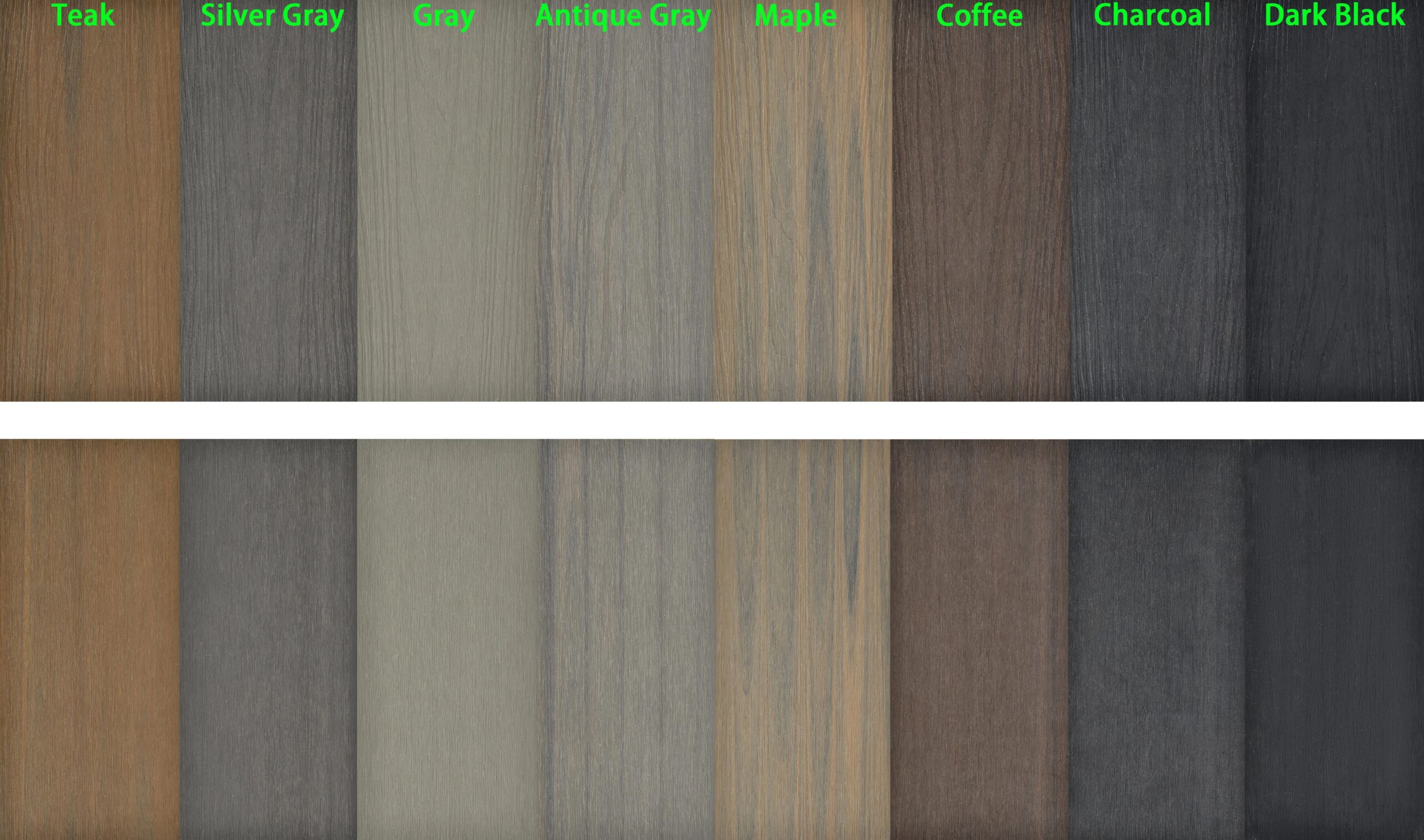
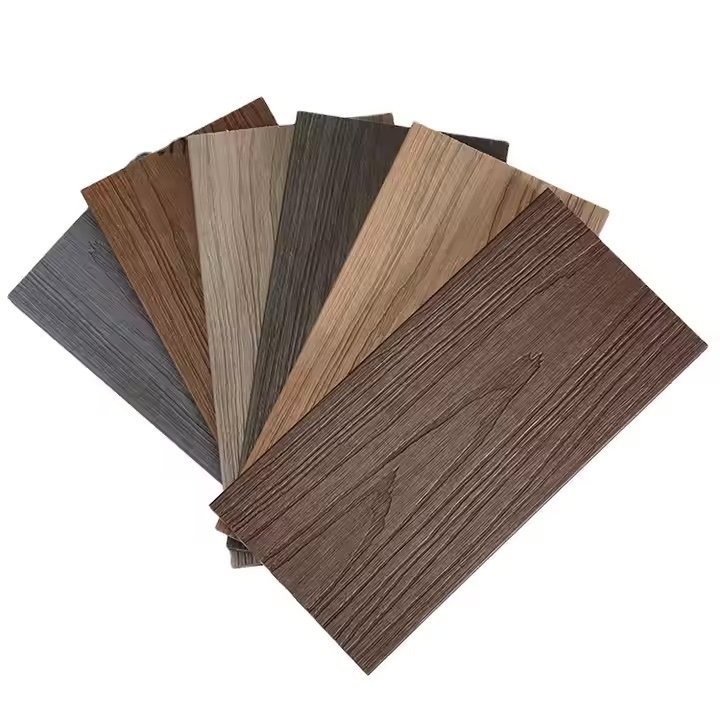
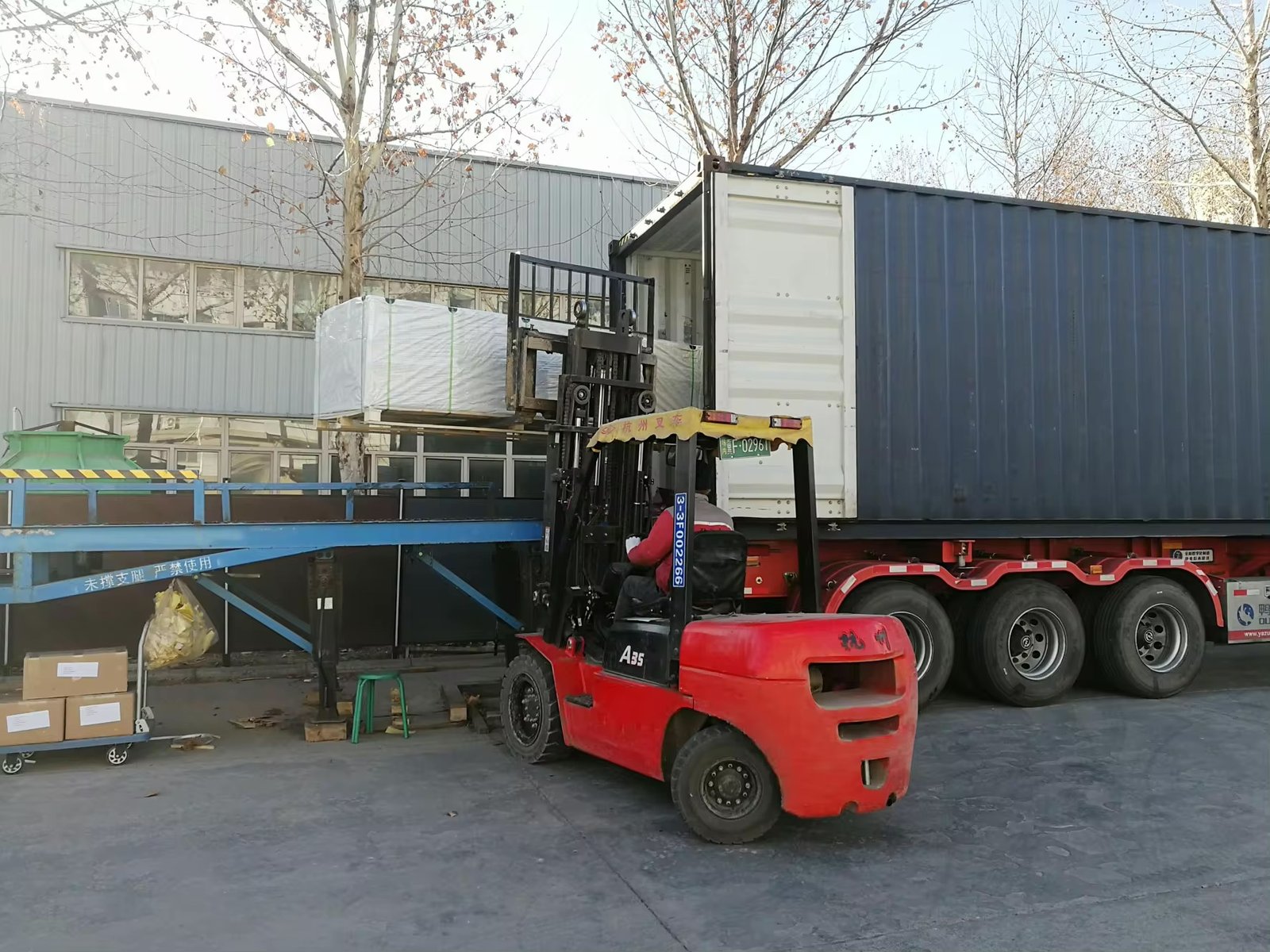
Why Choose Plastory?
Baoding Plastory New Materials Co., Ltd. is a manufacturer of decorative materials with over 9 years of experience and 56 separate production lines.
Currently, our annual production exceeds 30,000 tons, with products exported to more than 50 countries worldwide.
Plastory is the drafting unit of the WPC National Standards and has obtained certifications such as REACH, ASTM, CE, and FSC. Plastory is dedicated to maintaining consistent quality, focusing on details, and prioritizing customer satisfaction.
Our factory is located in Baoding, Hebei Province, China, with a prime location and convenient transportation access. Baoding is approximately a 1.5-hour drive from Beijing Capital International Airport and just 2 hours away from Tianjin Port, making it easy for global clients to visit and facilitating efficient shipping of goods. Our facility spans a large area, equipped with advanced production equipment and modern testing facilities to ensure that every batch of products meets the highest quality standards.
We warmly welcome clients from around the world to visit our factory, where you can see our production processes firsthand and experience our product quality. Please feel free to reach out to us—we are committed to providing you with the best products and services.
Kindly get in touch with us to request a product catalogue.

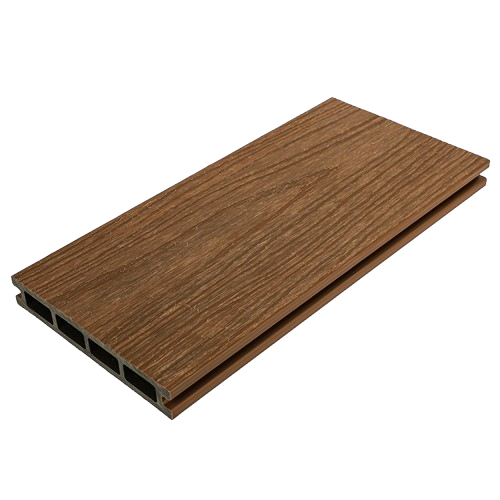
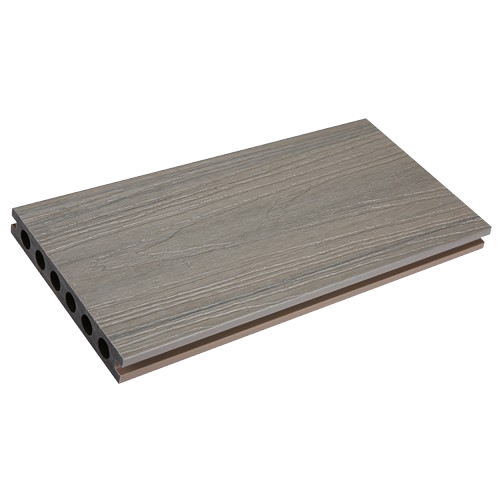
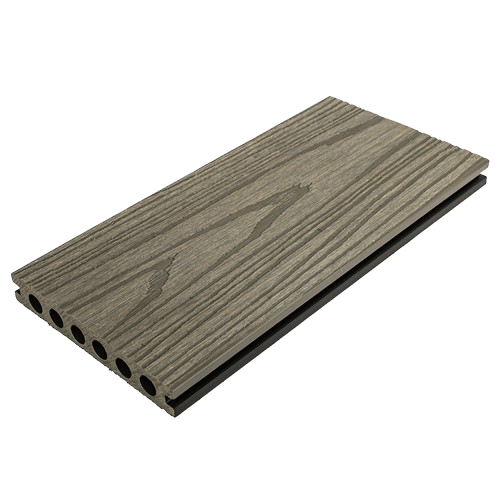
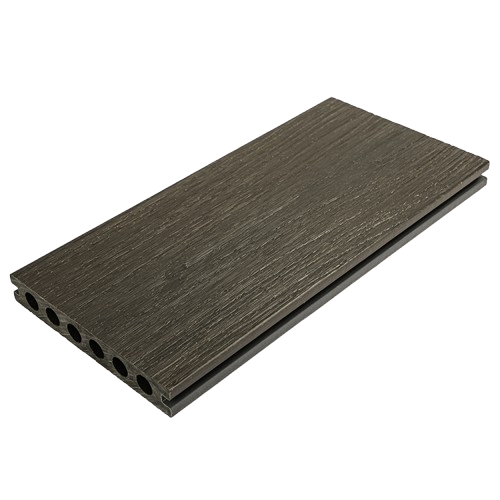
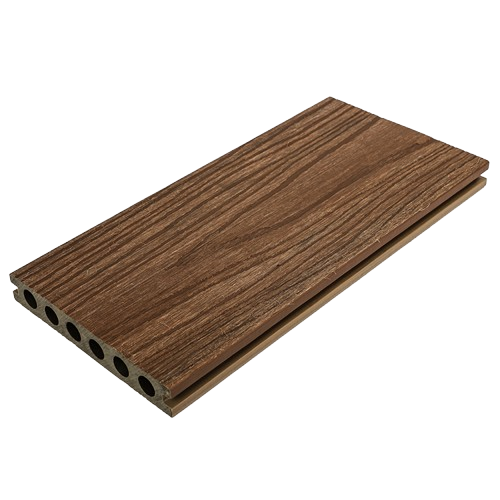
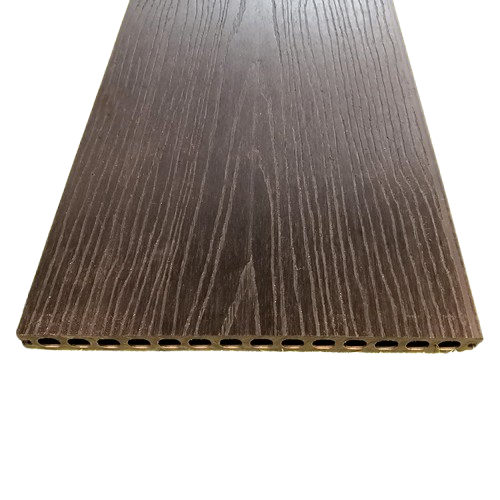
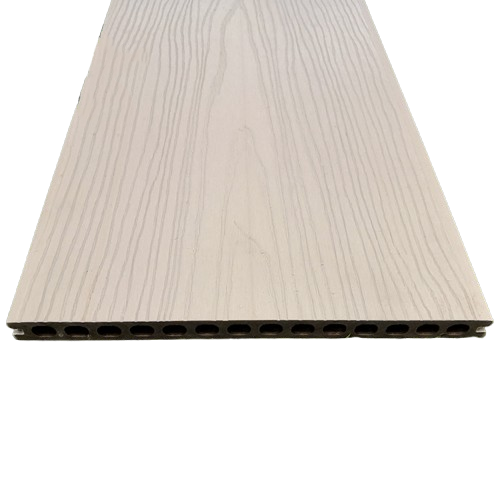
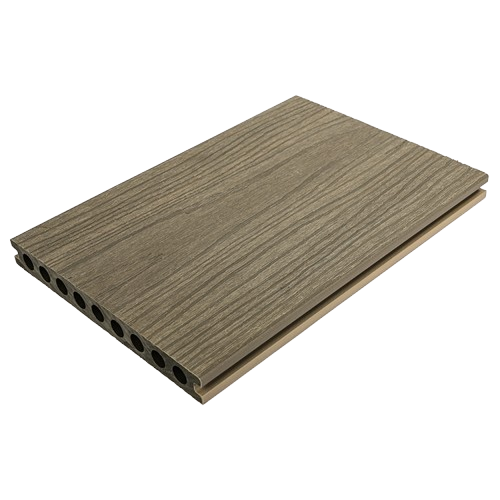

Reviews
There are no reviews yet.